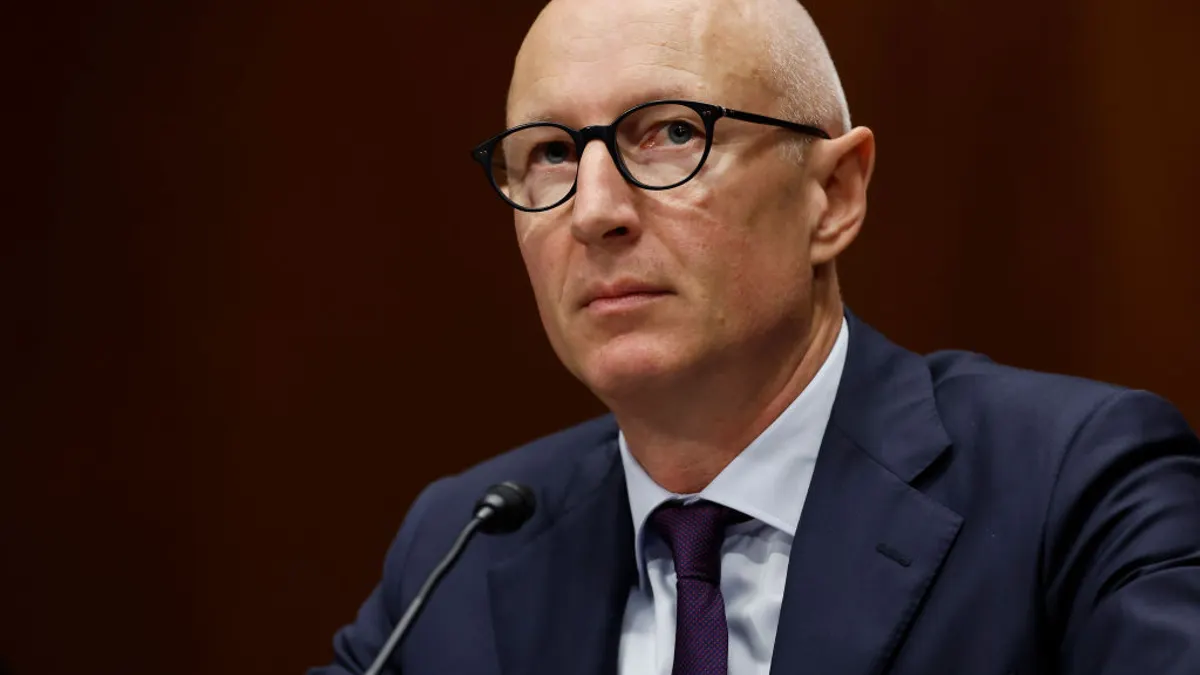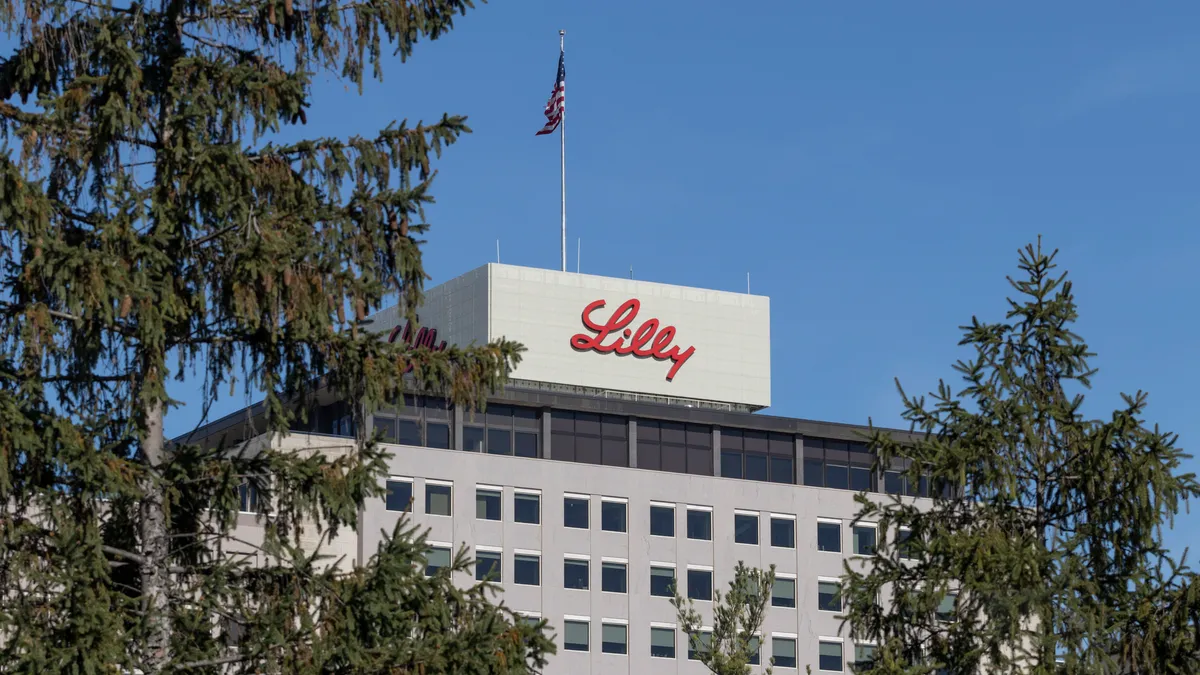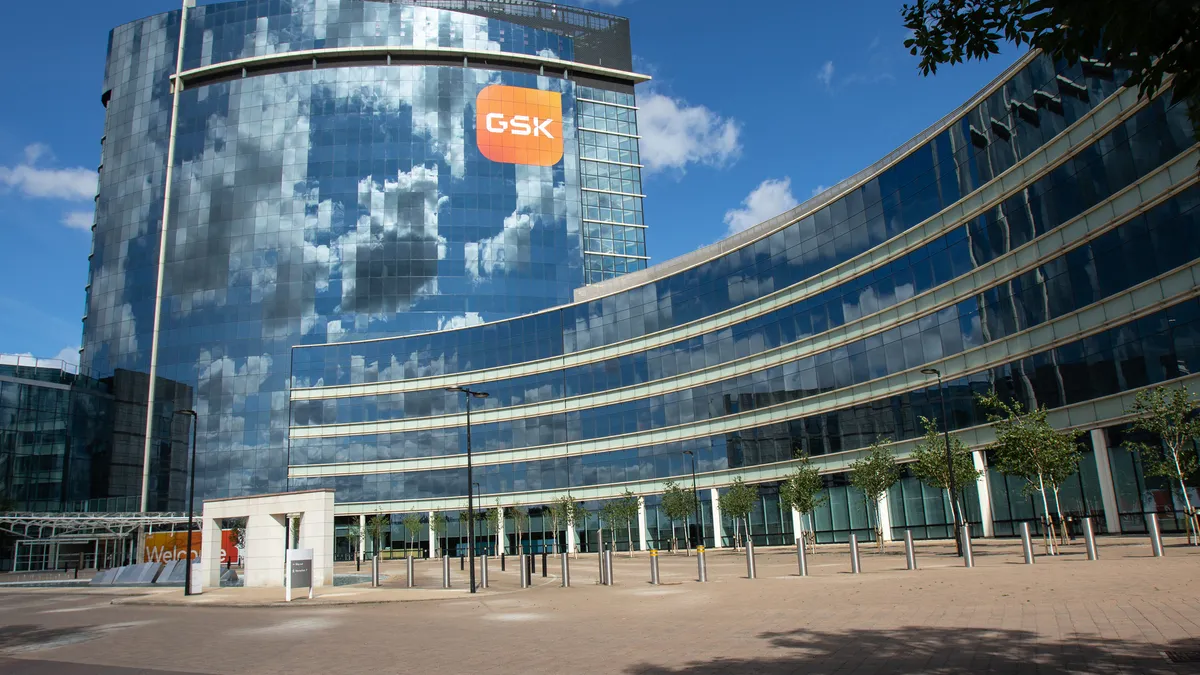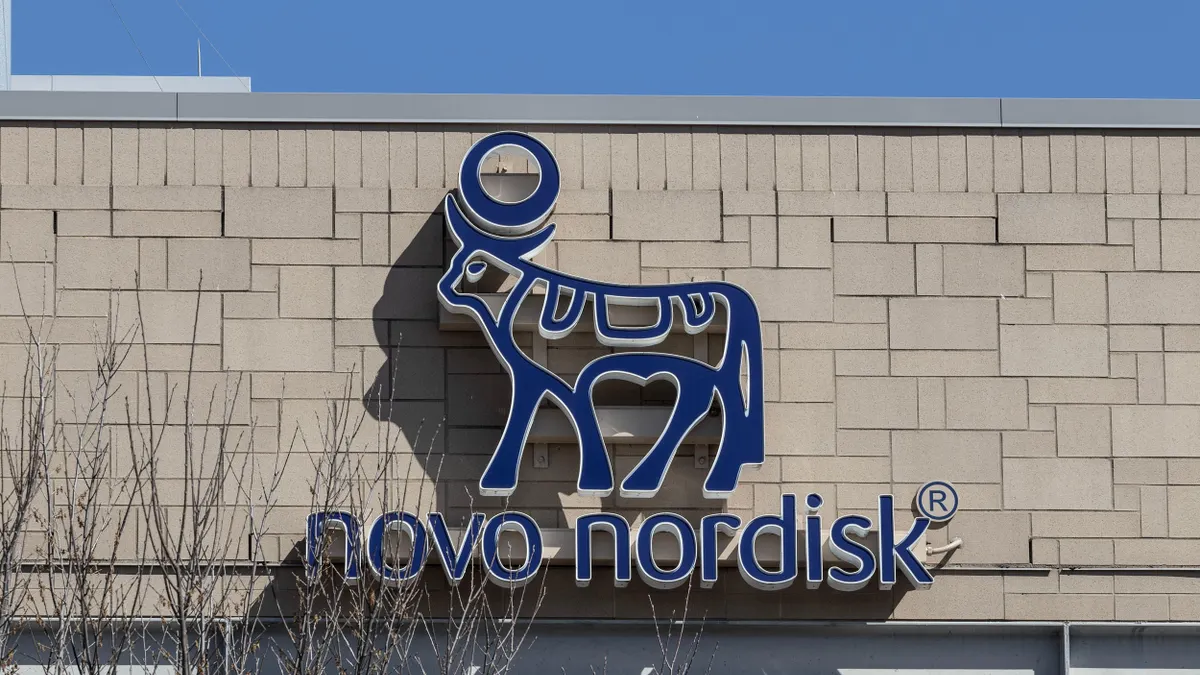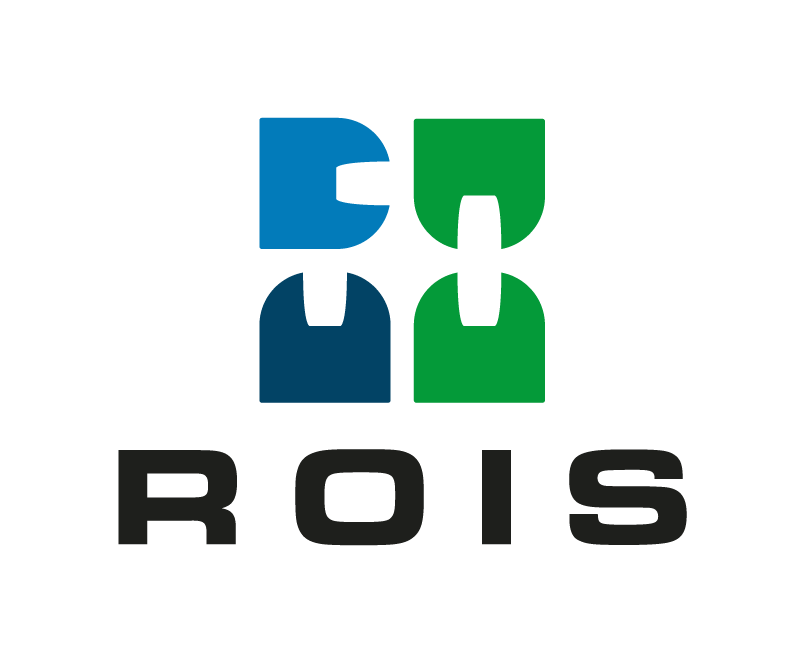Novo Nordisk CEO Lars Fruergaard Jørgensen, who led the Danish drugmaker to new heights through its development of powerful medicines for diabetes and obesity, will step down from his position, the company said Friday.
While the runaway success of Novo’s GLP-1 drugs Ozempic and Wegovy made it for a time the second most valuable pharmaceutical company in the world, its stock has slumped amid supply chain bottlenecks, clinical trial setbacks and encroaching competition from rival Eli Lilly. Shares are worth less than half what they were one year ago.
In a statement on the change, Novo noted how Jørgensen helped nearly triple the company’s sales and profits during his eight years as CEO. But, it added, the recent stock price decline and rising market challenges spurred board discussions about an “accelerated” leadership succession.
Jørgensen will remain CEO for an unspecified time to ensure a successful transition. Novo said it has begun searching for a replacement and that it would make an announcement “in due course.”
Lars Rebien Sørensen, who chairs the board of the Novo Nordisk Foundation and was Jørgensen’s predecessor at Novo, will join the company’s board. (The Novo Nordisk Foundation owns a controlling stake in Novo Nordisk through a holding company.)
“Novo Nordisk’s strategy remains unchanged, and the board is confident in the company’s current business plans and its ability to execute on the plans,” Novo board chair Helge Lund said in a statement. “I would like to thank Lars Fruergaard Jørgensen for his outstanding contributions to Novo Nordisk’s success during his tenure as CEO.”
Jørgensen joined Novo in 1991 as an economist, steadily rising through its ranks over the following decades. He became chief information officer in 2013 and CEO in 2017, replacing Sørensen at a time when the company's chief challenge was pushback on its diabetes drug prices.
Then, Novo had one drug for weight loss, Saxenda, approved and on the market in the U.S. But its effects were slight — about 4% to 5% weight loss over placebo — and it never really gained widespread use.
Jørgensen pushed the company to prioritize development of semaglutide, a drug that, like Saxenda, mimicked the gut hormone GLP-1. Testing proved it much more powerful, however, with participants in trials losing between 10% and 12% of their body weight versus placebo.
Semaglutide was approved by U.S. regulators in 2017 for diabetes, where it helps control blood sugar and is sold as Ozempic, and in 2021 for obesity as Wegovy. Last year, Wegovy was also cleared to reduce the risk of heart attack and stroke.
The drug has sparked a revolution in the treatment of obesity and transformed Novo in the process. Formerly something of a pharmaceutical backwater, Novo is now a leading company in a market analysts expect will soon be worth more than $100 billion in annual sales.
Ozempic and Wegovy, hashtagged to viral fame and cultural cachet, are now household names. Last year, sales of the two drugs, along with a related medicine called Rybelsus, earned Novo nearly $30 billion.
Their success has been almost too great. Novo, like its rival Lilly, struggled to keep up with demand and both Ozempic and Wegovy slipped into shortage. Their unavailability opened up an opportunity in the U.S. for telehealth companies, working with compounding pharmacies, to flood the market with knock-off copies.
While semaglutide is no longer in shortage — closing that loophole — the copycat competition has hampered adoption to such degree that Novo reduced its financial forecasts for the year.
Novo has also stumbled developing successor drugs to semaglutide. Lilly is now considered by analysts to be in a stronger position to improve upon injectable GLP-1 medicines with oral pills.
Jørgensen's successor will be tasked with battling back. The company recently reached an agreement with CVS Health that favors Wegovy over Lilly's competing drug Zepbound, and the Food and Drug Administration is reviewing an oral version of Wegovy for use in obesity.
"This next chapter — for me and for our business — comes at a time when our industry and the world around us is changing fast," Jørgensen said in a LinkedIn post. "Against this backdrop, Novo Nordisk, too, is evolving – and leadership sometimes needs to adapt to meet the moment. I understand and fully support that."
Shares in Novo fell by 4% in Friday morning trading on news of the transition.
Editor’s note: This story has been updated with additional detail throughout.



